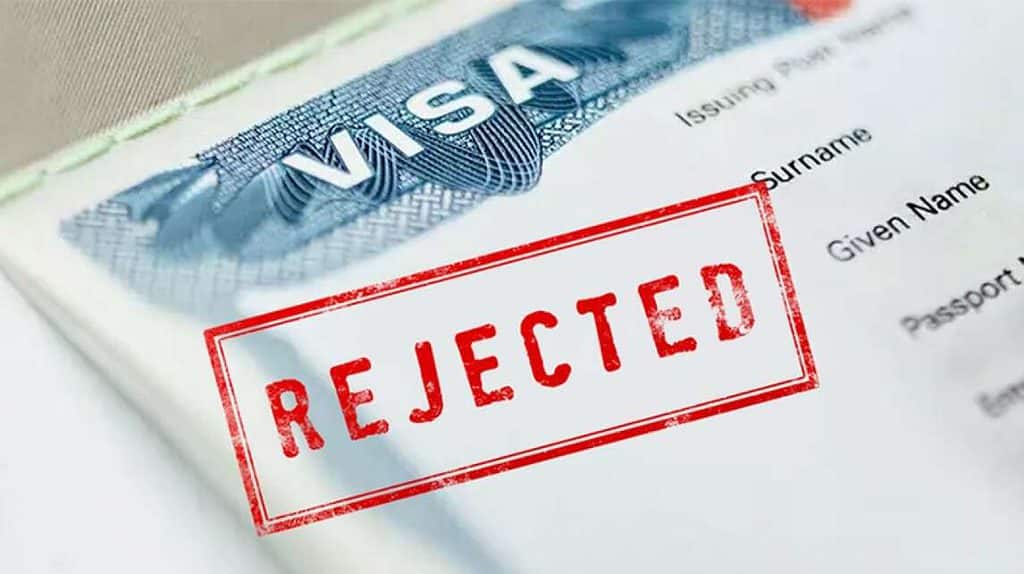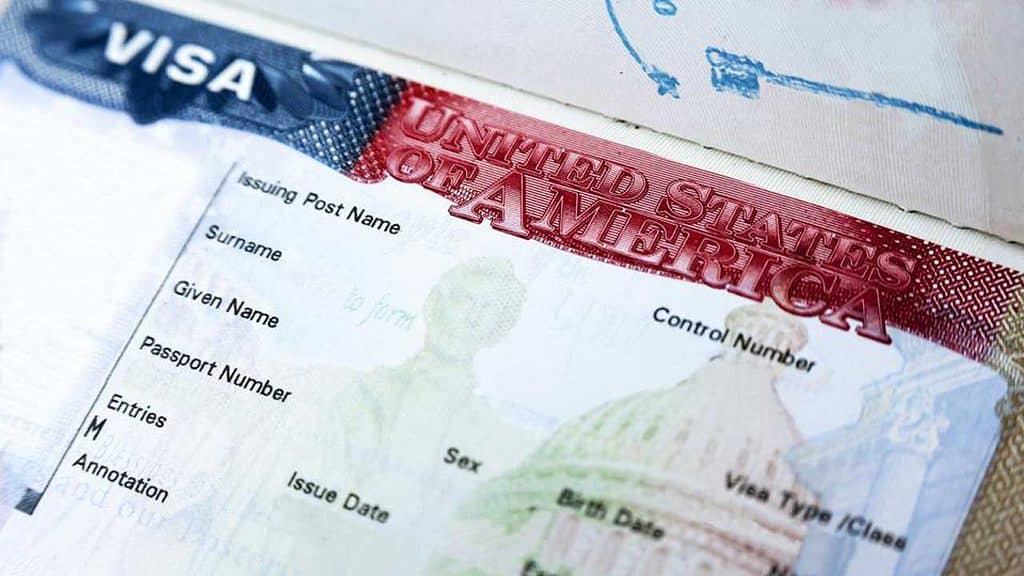Introduction
As a practitioner, I always face the often-nagging question of how an applicant may increase their chances for a B1/B2 visa in Ghana. In this piece, I have attempted to state some guidelines and information that may be useful. Let me add that these rules don’t necessarily have anything to do with whether or not you can get a visa.
- The B1/B2 visa is not a documentary application
B1/B2 visa applicants don’t have to send in a lot of paperwork to support their cases. Invitations from friends or family in the US are proof that they will feed and house you, but bank and property documents don’t matter when deciding whether or not to give you a visa.
Consular officers don’t always look over the documents people send them, especially in countries where local documents aren’t always reliable. Applicants often put all of their efforts into getting the right paperwork, but at the interview, they can’t give a real, concrete reason why they want to come to the US.
- Know what the consular officer is looking for
Unless you can show the consular officer that you don’t want to move to another country, the law assumes that you do. You must convince the officer that you have such ties to your home country and that you would not overstay or try to live and work permanently in the US.
Consular officers are trained to carefully review applications on a case-by-case basis, taking into account the specific circumstances and requirements that apply to the visa. They may consider a range of factors, including the purpose of travel, the ability to financially support the trip, and any potential ties to the home country. Consular officers consider the totality of the circumstances and make judgment calls. While having ties is a major consideration, eligibility is assessed based on much more than ties.
There is no set of questions that a consular officer may ask you. They may ask any question so long as they are useful and appropriate in assessing your eligibility for the visa. They may even ask you questions to trip you if you have been coached by a friend, family member, or third party to make certain representations. Your demeanor, body language, confidence, and even your appearance, along with other seemingly insignificant factors, all add up.
- Tell the truth and nothing but the truth
Tell the truth. Do not exaggerate. There is often a temptation to lie in your application in order to hide something. However consular officers are well-trained to be able to see through such lies. If you are found to have used false information or failed to disclose some information in your application, you may be barred from receiving a US visa. It is always better to explain why you are unable to provide a document than be encouraged to obtain a forged one.
- Complete and submit Form DS-160
Form DS-160 is the online application form for B1/B2 visas. You must complete and submit the form online prior to your interview at the Embassy. You must review all information on the form for completeness and accuracy before submitting the form. The Form DS-160 must be submitted online and the printed confirmation page must be brought to the interview. You will not be permitted to attend your interview without a confirmation page.
The Form DS-160 tells the consular officer what they need to know about your eligibility for the visa. It needs your full name, information about yourself and your family, your job, your education, and your travel history. It also includes details on your income, position, duties, and travel plans. As a general rule, you should always make sure that Form DS-160 is filled out correctly and with all relevant and true information.
- Prepare well for your interview
You must review all the information you provided on Form DS-160 and other supporting documents. This will help you answer questions at the interview in a clear and confident way. If you are a tourist or business traveler, you must know where you are going, why you are going there, how you are going to get there, what you are going to do there, and why this time, and not some other time. You need to focus on how to show the consular officer that you have a real, solid reason for wanting to visit the US, instead of spending all your time putting together a bunch of useless documents.
- Do not turn up late
You may not want to enter the consulate breathing heavily and sweating profusely because you turned up late for your interview. This may be uncomfortable and even affect your confidence at the interview. It is advisable to arrive at the consulate at least 30 minutes before your appointment time. This may give you an adequate opportunity to relax and take in your environment while you wait to be admitted to the Embassy.
- Know your travel plans
You must provide clear answers about your plans for the visit. You must have specific and concrete plans for your visit and clearly articulate this at the interview. You must know why, when, and where you are visiting the US. You must provide clear information. If you are asked, for instance, about what you will do in the US, you must provide specific plans as opposed to answers like “My brother says he will take me to see a number of places when I reach the U.S.”
Answers suggesting uncertainty in your travel plans and how long you are staying in the US are usually negative factors. Don’t forget that you are thought to be an immigrant unless you can show otherwise. You must be definite in your responses and refrain from answering like “I want to visit the US for about two months or for two to three weeks.”
- Give firm and accurate responses to questions.
You must be firm and confident in your responses. You must give short, clear, and to-the-point responses in a clear voice. Do not hesitate to ask the officer to repeat a question if you did not hear it the first time. If you do not know an answer to a question do not attempt to contrive one. Say you do not know, provided it’s the truth. Do answer questions with “I think this” or “I think that” as this clearly indicates uncertainty and a lack of assurance. Listen carefully to the questions and answer them; no more, no less. Do not volunteer any unsolicited information. If the officer requires further information, they will ask you.
- Your statements must correspond with the facts
Your statements must match what is written on Form DS-160 and in other documents. Multiple errors on the face of the Form DS-160 is not a good sign. So are documents that look like invitation letters from business partners but have bad grammar and spelling on the front.
- Dress appropriately and be courteous
You must dress appropriately for your interview. Simply put, your appearance must reflect your status. If you are a business executive, you must appear as one. If you are a student, you must look like one. Avoid hot colors. This is not a beauty contest. In fact, the consular officer will not be convinced by your new and expensive clothes. Simplicity is the key here.
Even if you do not receive the same courtesy, be nice and courteous. Do not try to argue unnecessarily with the officer or shout in a loud or angry voice. The officer may make adverse notes on your case file which will be visible to other officers who may adjudicate your future applications.
Disclaimer: This article only provides general information and guidance on US immigration law. The specific facts that apply to your matter may make the outcome different than would be anticipated by you. The writer will not accept any liability for any claims or inconvenience for the use of this information







